Day 1 October 26, 2022
|
12pm - 1:45
Registration |
|
2pm - 3pm
Title: Immune responses against SARS-CoV-2 Abstract: The clinical presentation of COVID-19 involves a broad range of symptoms and disease trajectories. Understanding the nature of the immune response that leads to recovery over severe disease is key to developing effective treatments for COVID-19. In this talk, I will discuss immune responses in both acute and long COVID. I will also discuss nasal vaccine approaches to prevent SARS-CoV-2 infection and transmission. |
|
3:00pm - 4:00pm
Contributed talks(12min + 3min Q&A) Super-resolution imaging provides new insights into nerve pathologies in patients with peripheral neuropathies A Protective Neuro-Adipose Tissue Axis Against Malaria Renal glucose control disease tolerance to malaria Using Ordinary Differential Equations to Estimate Disease Dynamics From Individual Patient Data- A Case Study in Acute Myeloid Leukemia Research |
|
4:00pm - 4:30pm
Coffee break |
|
4:30pm - 5:30pm
Contributed talks(12min + 3min Q&A) Detection of high-risk Human papillomavirus (hrHPV) and its level of agreement with VIA test for cervical cancer risk screening among women attended at the DREAM Sant’Egídio health center, Maputo Polymicrobial sepsis induces a hypometabolic response characterized by a distinct protein kinase signature Macrophage control of organismal homeostasis Single-molecule sequencing of targetted methylated recombinant liver cell lines (ProteoCure COST Action Dissemination Talk) |
|
5:30pm - 6:30pm
Poster Session & Social ReceptionPoster session, hors d'oeuvres, and drinks at the IGC patio. PostersThe physiological role of Emc3 in organismal metabolic homeostasis Biological role for the metabolic regulator GDF15 in sepsis The role of biliverdin reductase A in malaria. To stress... to resist? The power of stress responses in Sepsis Epi-flu: Histone/DNA modifications as a potent target for infection therapeutics Effects of the socioeconomic class on the reduction of mobility during COVID-19 confinements Predict the need for an extra dose of SARS-CoV-2 vaccine Method for large scale quantification of anti-SARS-CoV-2 antibodies and real time data processing Predictability of antibody responses to COVID-19 vaccines Ready for BioData Management? The Portuguese Local European Genome-Phenome Archive (EGA) Flu or Not: A computational approach to respiratory-disease before and after COVID-19 |
Day 2 October 27, 2022
|
9am - 10am
Title: Network-based interventions to mitigate dengue outbreaks via Wolbachia Abstract: In 2009, it was discovered that when Aedes aegypti mosquitoes are infected with a bacterium called Wolbachia transmission of the dengue virus from mosquitoes to humans is drastically reduced. Unfortunately, Aedes mosquitoes do not acquire Wolbachia in their natural environment, this bacterium has to be introduced in a laboratory and, then, the mosquitoes are released in areas affected by dengue transmission. Mosquitoes infected with Wolbachia naturally take over the local mosquitopopulation, as the bacterium is passed on from one generation to the next. A difficult question to answer is how to make the best use of these valuable and limited resources to stop dengue transmission as much as possible. In this presentation we address this question by focusing on how to spatially distribute Wolbachia-carrying mosquitoes so that their immunizing effect reaches and protects as many people as possible. To do this, we begin by developing a data-driven metapopulation model that can be analysed through the lens of network science and non-linear dynamics. This model incorporates those aspects that drive the spatial spread of dengue, such as human mobility and the spatial distribution of humans and vectors. We will show how this model recreates and predicts the spatial spread of dengue in a given region. Once the basic ingredients of the spread of dengue disease are understood, the most important geographical areas for the emergence of an epidemic are analysed, allowing the generation of a geographical immunisation ranking. From a theoretical point of view, the model presented in this talk has the advantage of taking advantage of real data on human and vector activity in a framework that, being realistic, can be analysed from a mathematical point of view. This allows us not only to recreate the epidemiological situation but, above all, to understand it. It is precisely this understanding that allows us to identify the geographical areas with the greatest vulnerability, thus creating a ranking of areas that prioritises those where Wolbachia-carrying mosquitoes can have the strongest (and most beneficial) impact on the spread of dengue. |
|
10am - 10:20am
Coffee break |
|
Session 1:
|
Session 1:
10:20am - 12:15pm
Viral infection SessionInvited Talks(30min + 5min Q&A)
Title: Multilayer networks modeling in life and disease: an overview
Title: Homogeneity and heterogeneity in antibody responses to vaccines Contributed Talks(12min + 3min Q&A) Understanding COVID-19 pandemic trajectories: why changes in online behavior matter for now-casting A method to infer diagnoses from prescription data Analysis of electronic health records from three distinct and large populations reveals high prevalence and biases in the co-administration of drugs known to interact
|
|---|---|
|
12:15pm - 1:30pm
Lunch |
|
|
1:30pm - 2:30pm
Title: Longitudinal Phenotypes and Disease Trajectories at Population Scale Abstract: Multi-step disease and prescription trajectories are key to the understanding of human disease progression patterns and their underlying molecular level etiologies. The number of human protein coding genes is small, and many genes are presumably impacting more than one disease, a fact that complicates the process of identifying actionable variation for use in precision medicine efforts. We present approaches to the identification of frequent disease and prescription trajectories from population-wide healthcare data comprising millions of patients and corresponding strategies for linking disease co-occurrences to genomic individuality. In the work we carry out temporal analysis of clinical data in a life-course oriented fashion. We use data covering 7-10 million patients from Denmark collected over a 20-40 year period and use them to “condense” millions of individual trajectories into a smaller set of recurrent ones. Such sets represent patient subgroups sharing longitudinal phenotypes that could form a basis for differential treatment designs of relevance to individual patients. |
|
Session 2:
|
Session 2:
2:35pm - 4:15pm
Host-Microbe Interaction SessionInvited talks(30min + 5min Q&A)
Title: Metabolic control of disease tolerance to infection
Title: Impact of bacterial extracellular vesicles on human host cells Contributed talks(12 min talk + 3 Q&A) Spatio-temporal modeling of fungal infection dynamics in the human and murine lung Molecular insights into the epidemiology of extended spectrum beta lactamases in clinical isolates of Escherichia coli and Klebsiella spp. from a Tertiary Care Center, Southern Thailand |
|---|---|
|
4:15pm - 4:40pm
Coffee break |
|
Session 3:
|
Session 3:
4:40pm - 6:40pm
Immune System SessionInvited talks(30min + 5min Q&A)
Title: Human immune cells across tissues and life stages
Title: Perception matters - molecular mechanisms of morphology-controlled immune cell communication
Title: Regulation of antibody production: from cells to populations Contributed Talk(12min + 3min Q&A) Mechanisms of cell competition in T lymphocyte differentiation |
|---|---|
|
6:40pm - 7:30pm
|
|
|
7:30pm
Symposium dinnerOfficial symposium dinner to all attendees. |
Day 3 October 28, 2022
|
Session 4:
|
Session 4:
9:40am - 12:00am
Cardiovascular SessionContributed talk(12min + 3min Q&A) Integrative single-cell analysis of atherosclerotic arteries to identify unknown cellular identities Invited talks(30min + 5min Q&A)
Title: RNA Splicing in cardiac disease.
Title: Genotype-phenotype associations in patients with hypertrophic cardiomyopathy and mutations in the troponin T gene.
Title: Mitochondrial respiration in aortic aneurysms. |
|---|---|
|
12:00pm - 1:40pm
Lunch |
|
|
1:40pm - 2pm
Awards (best presentation & poster) |
|
|
2pm - 3pm
Title: Adaptation vs Maladaptation in critical illness – can organ ‘failure’ be protective? Abstract: TBD |
|
Session 5:
|
Session 5:
3:00pm - 4:45pm
Sepsis SessionInvited talks(30min + 5min Q&A)
Title: Integrative Molecular Models to Identify Drivers of Immune Cell Function
Title: Disease Tolerance to Sepsis- a clinical perspective
Title: Determinants of pulmonary immune homeostasis |
|---|---|
|
4:45pm - 5:00pm
Coffee break |
|
Session 6:
|
Session 6:
5:00pm - 6:15pm
The future of interdisciplinary biomedical research.Interdisciplinary panel with invited talks and commentary discussion.
|
|---|---|
|
6:15pm
Closing remarks |
 Akiko Iwasaki (Online)
Akiko Iwasaki (Online) Jesús Gómez Gardeñes
Jesús Gómez Gardeñes Manlio de Domenico (Online)
Manlio de Domenico (Online)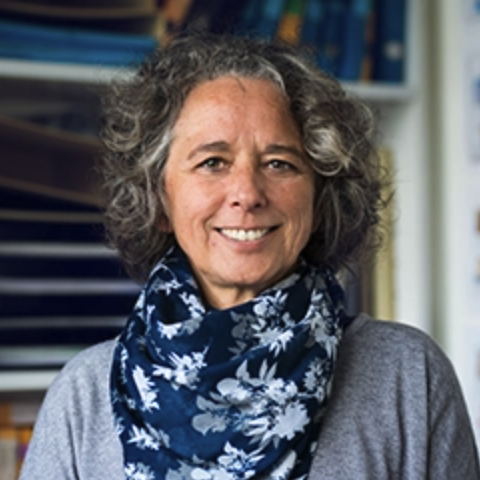 Jocelyne Demengeot
Jocelyne Demengeot Søren Brunak
Søren Brunak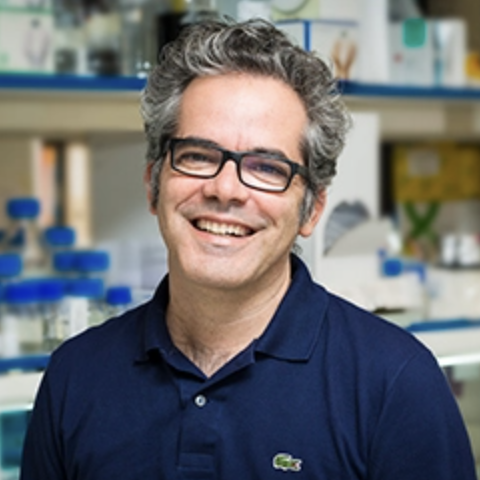 Miguel Soares
Miguel Soares Anna Lena Jung
Anna Lena Jung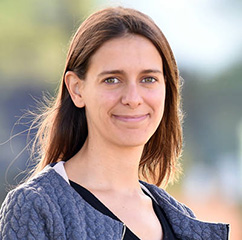 Cecilia Dominguez Conde
Cecilia Dominguez Conde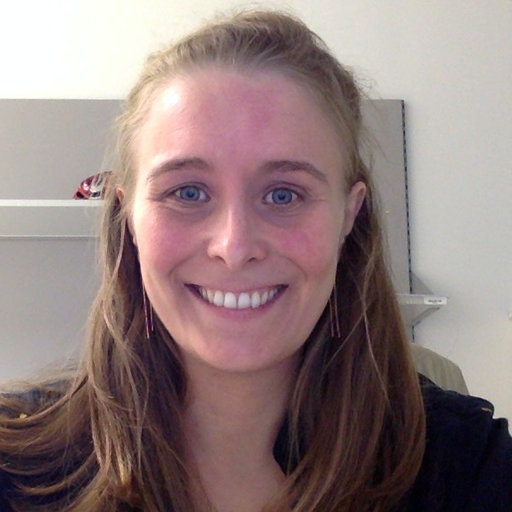 Elisabeth Salzer
Elisabeth Salzer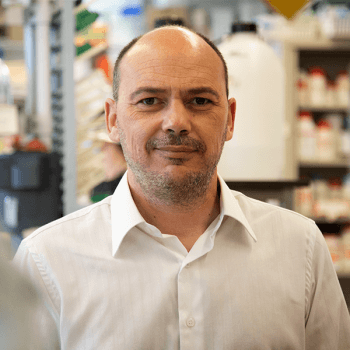 Luís Graça
Luís Graça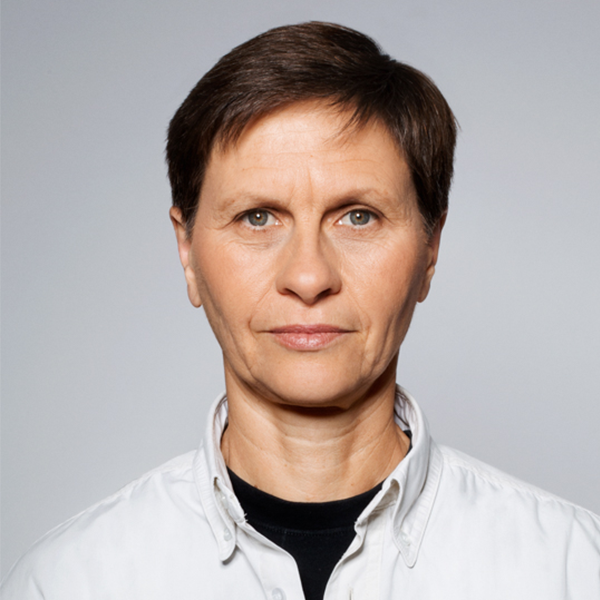 Maria Carmo-Fonseca
Maria Carmo-Fonseca Dulce Brito
Dulce Brito Jorge Oller Pedrosa (Online)
Jorge Oller Pedrosa (Online) Mervyn Singer
Mervyn Singer Brendon Scicluna
Brendon Scicluna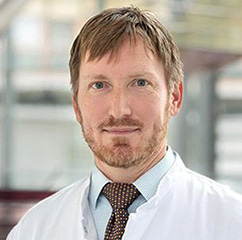 Sebastian Weis
Sebastian Weis Sylvia Knapp
Sylvia Knapp Luis M. Rocha
Luis M. Rocha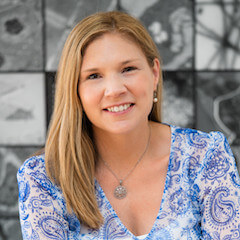 Erin Tranfield
Erin Tranfield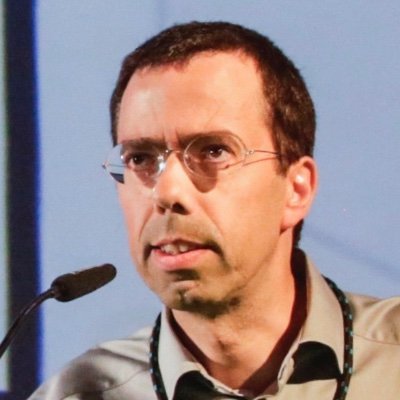 Luis Moita
Luis Moita Susana M. Fernandes
Susana M. Fernandes